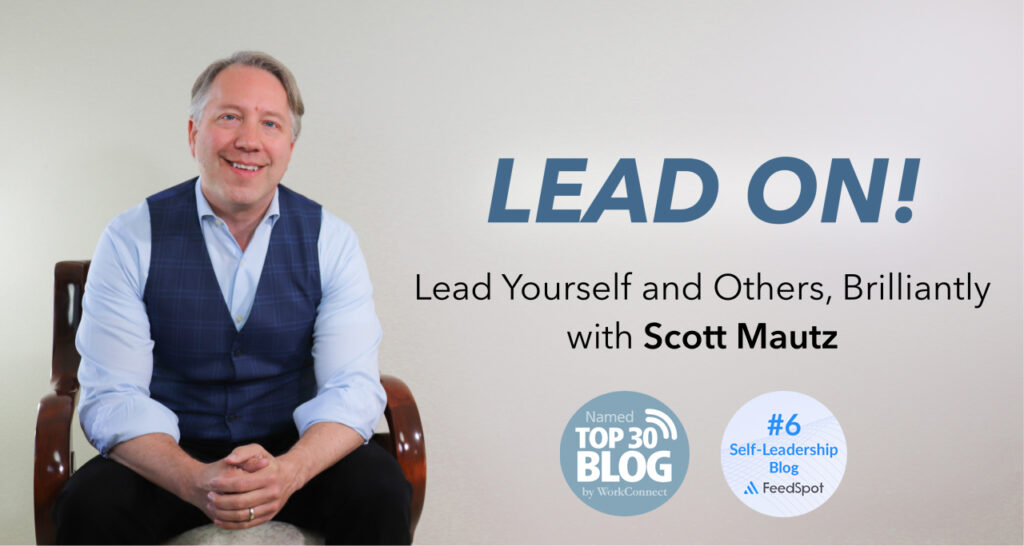
INSIGHTS (on leadership/self-leadership)
I recently attended a graduation where the co-founder of Apple computer, Steve Wozniak, gave a surprising speech. The man arguably most responsible for making computers available to the masses, one of the greatest achievements of all time, urged the crowd of young, hopeful minds not to focus on achievement in their lives.
Whoa.
Instead, he asked them to focus on happiness (even sharing an equation, h = s-f, or, happiness = smiles – frowns). I’d argue for an amendment to Wozniak’s plea, though. I think our lives are incomplete without achievement of some kind (after all, I just released a book about mental strength, where I lay out the case for why it’s the cheat code for achievement, and why it’s the leadership/self-leadership superpower of our times). The key is, is it achievement that matters, to you, not just to others. Is it achievement, the pursuit of which, not just the end state, that makes you happy?
It’s all too easy to find yourself on the path to achievement blazed by the expectations of others. The path of achievement and happiness connect when you can answer yes to the following question: “Is what I’m striving to achieve in my life right now what will make me truly happy – both the pursuit of, and the accomplishment of?”
IMPERFECTIONS (a mistake many make)
I received many comments about last week’s LEAD ON!, particularly about the Bill Parcells story and the push for self-accountability. So, I decided to share another bit of blunt self-help (all delivered with love.) It’s a saying I’ve seen on t-shirts that lays a threadbare truth on top of the fibers it’s printed on:

Let me qualify this with empathy; of course, I understand situations where someone has been set down a path that is not of their own making. I’m talking about the great majority of our life where we simply must take 100% accountability for where we’re headed. And while I could write hundreds of articles on all the understandable diversions that lead us astray, I’m asking you, or the someone that you’re helping that’s on an unwanted path, to not play the victim. In The Mentally Strong Leader I outline strategies for avoiding victim mentality, including pinpointing, and owning, your part in the path you’re headed down. Ask yourself, “Do I just want things to change, or do I want to change things?” Just wanting things to change is victim mentality. Changing things is an action-oriented way of taking responsibility to create a better path and ultimate outcome. Ask, “How might I move from ‘Why me?’ to ‘Why not me?’” Being the victim means asking, “Why me?” (often repeatedly), while waiting for others to remedy the situation. But switching to “Why not me?” sparks action. It challenges you to think, “Why can’t I be the one who does something about this path I’m going down to make it better?” Then, do just that.
IMPLEMENTATION (one research-backed strategy, tip, or tool)
Recently at the annual extravaganza that is the Berkshire Hathaway shareholder’s meeting, the Oracle of Omaha himself, Warren Buffett, spoke with a bit of melancholy about his recently deceased long-time friend Charlie Munger (whom he has called “the architect of Berkshire”). It brought back into the light for me the Munger Mistake Manifesto; a simple but powerful strategy for how to think about mistakes. Munger believed:
Study others’ mistakes so you can make fewer mistakes yourself, and fix them faster.
Plain. Simple. Powerful. Just like the man himself.




Leave a Reply